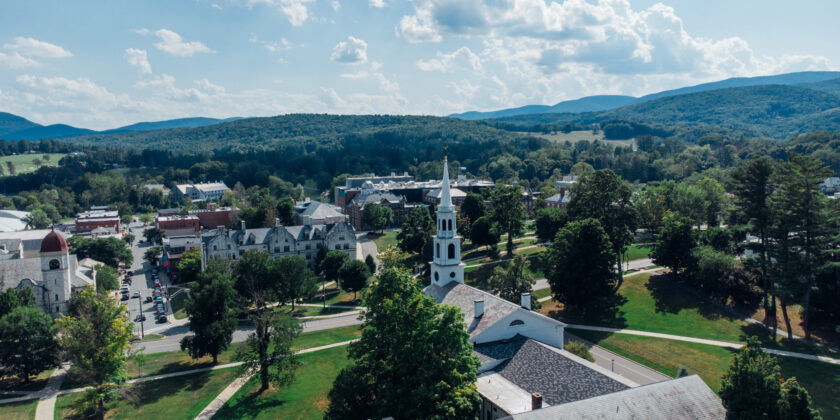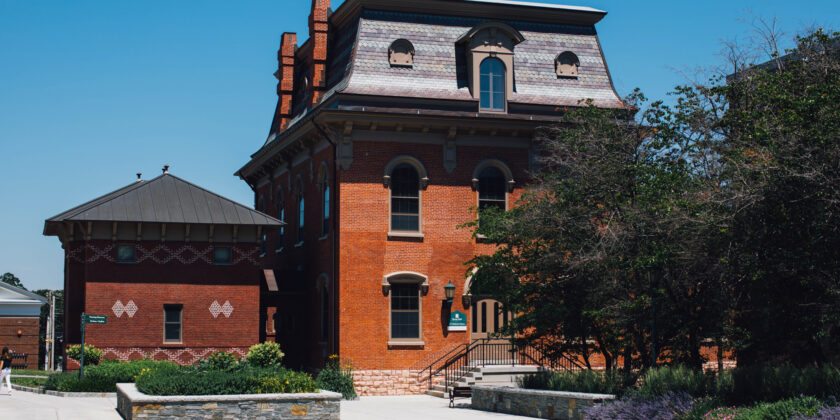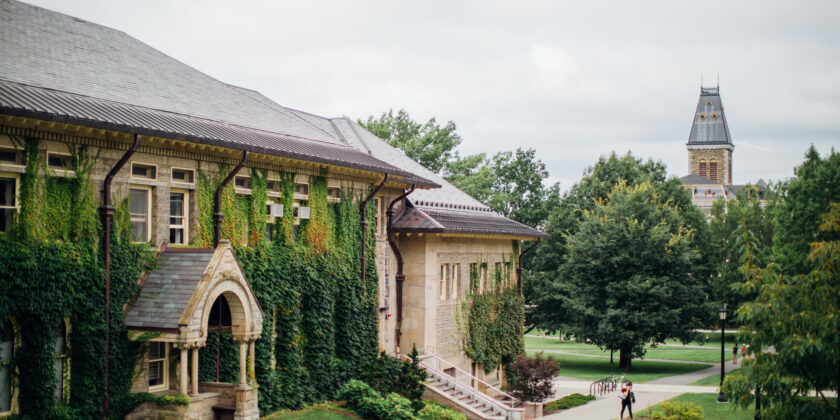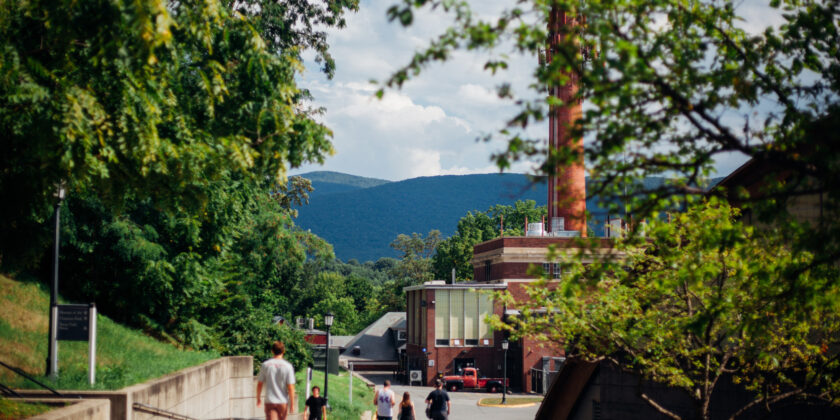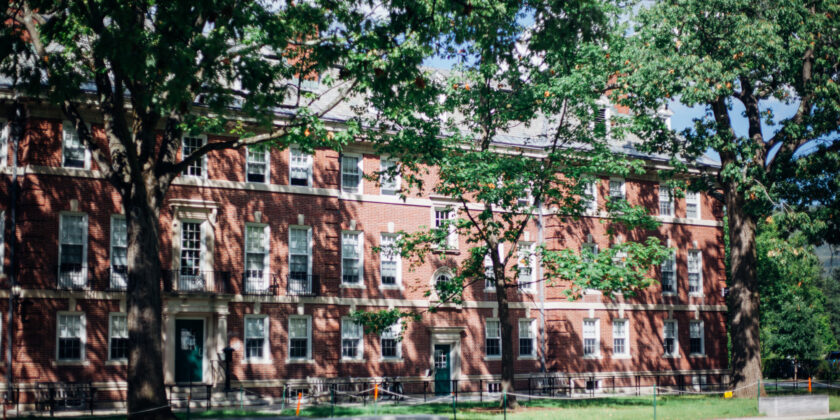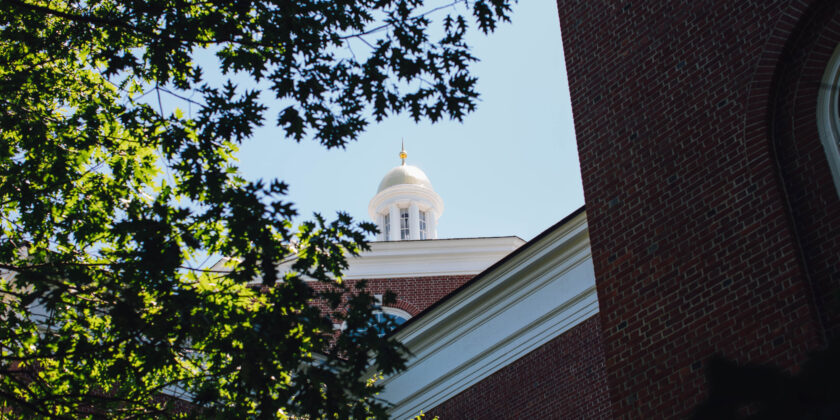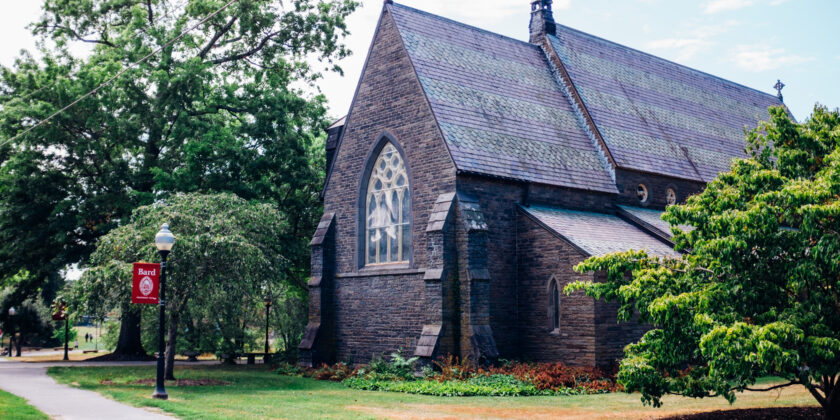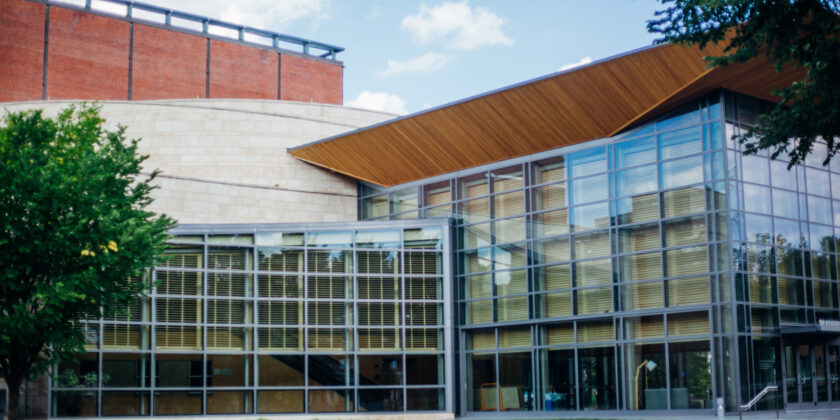The following are some of our favorites for students interested in exploring engineering.
Lincoln Laboratory Radar Introduction for Student Engineers (LLRISE)
The LLRISE program is a two-week summer institute for rising seniors that teaches students how to build small radar systems. The project-based enrichment program challenges students to build a Doppler and range radar.
COSMOS UCSD, US Irvine, UC Santa Cruz, UC Davis
The COSMOS program is a four-week residential program designed by the UC schools. Each campus focuses on different subject areas, all admitting their own “cluster” of students. The courses are taught by UC faculty and researchers. Students choose from nine different clusters, which include engineering design, biodiesel from renewable sources, tissue engineering and regenerative medicine, and more.
MIT Beaver Works Summer Institute
The MIT Beaver Works Summer Institute (BWSI) is a rigorous, world-class STEM program for talented students who will be entering their senior year in high school. The four-week program teaches STEM skills through project-based, workshop-style courses. BWSI began in 2016 with a single course offered to 46 students, a mix of local daytime students and out-of-state residential students. It is typically a 4-week residential program for rising high school seniors and the program is free. They also offer online courses.
National Institute of Standards and Technology (NIST) Summer High School Intern Program Research
NIST research is subdivided into six organizational NIST laboratories that conduct research in a wide variety of physical and engineering sciences. The labs respond to industry needs for measurement methods, tools, data, and technology. Six laboratories participate in the SHIP program.
Due to the multi-disciplinary nature of NIST’s research, students should look through the different websites above to discover a best-fit project area. The following information describes the types of research performed by each laboratory. See research projects done in previous years.
MIT Women’s Technology Program (WTP)
The MIT Women’s Technology Program (WTP) is a rigorous four-week summer academic experience to introduce high school students to engineering through hands-on classes, labs, and team-based projects in the summer after 11th grade. WTP is a women-focused, collaborative community aimed at empowering students from groups historically underrepresented and underserved in engineering. They especially encourage students to apply who will be the first family member to attend college, who come from high schools with limited access to STEM classes and activities, or who are African American, Hispanic, or Native American.
Minority Introduction to Engineering and Science (MITES)
The MITES program is a six-week-long residential program geared toward rising seniors from underrepresented or underserved communities. The program aims to provide the skills and knowledge necessary for pursuing a career in the STEM fields. Students take one math course, one life sciences course, one physics course, one humanities course and an elective course. Placement is determined by diagnostic tests that are administered to all students during the orientation period of the program.
AI Scholars
AI Scholars Live Online is a 10 session (25-hour) artificial intelligence bootcamp that exposes high school students to fundamental AI concepts and guides them to build a socially impactful project. Taught by a team of graduate students from Stanford, MIT, and more, students receive a personalized learning experience in small groups with a student-teacher ratio of 5:1.
HK Maker Lab, Columbia
The Hk Maker Lab is a summer engineering design program at Columbia Engineering that places high school juniors and seniors in pre-college, project-based courses with Columbia University faculty. This program is designed for students from backgrounds that are underrepresented in STEM and who have financial needs.
CATALYST Academy
CATALYST Academy is a one-week residential program for rising high school juniors and seniors from underrepresented backgrounds who desire to learn about engineering and careers within an interactive milieu.
Cooper Union Summer STEM
Summer STEM is an opportunity to try engineering for the first time or to dive deeper into engineering teamwork. Each 3- or 6-week class covers college-level topics and activities completed by The Cooper Union undergraduates in their first or second year or explores student and faculty research projects. Current high school students in grades 9, 10, 11 and 12 can apply. This selective program encourages all curious, compassionate, and college-interested students to apply regardless of prior experience.
Manhattan College
The School of Engineering offers several programs throughout the year to introduce high school students to the field of engineering. Free or low cost.
Google Computer Science Institute (Summer Before COLLEGE!)
Google’s Computer Science Summer Institute (CSSI) is a three-week introduction to computer science (CS) for graduating high school seniors with a passion for technology — especially students from historically underrepresented groups in the field. CSSI is not your average summer camp. It’s an intensive, interactive, hands-on, and fun program that seeks to inspire the tech leaders and innovators of tomorrow by supporting the study of computer science, software engineering, and other closely related subjects. It is a 3-week program, and it is free.
*Stay in the know! Subscribe*
